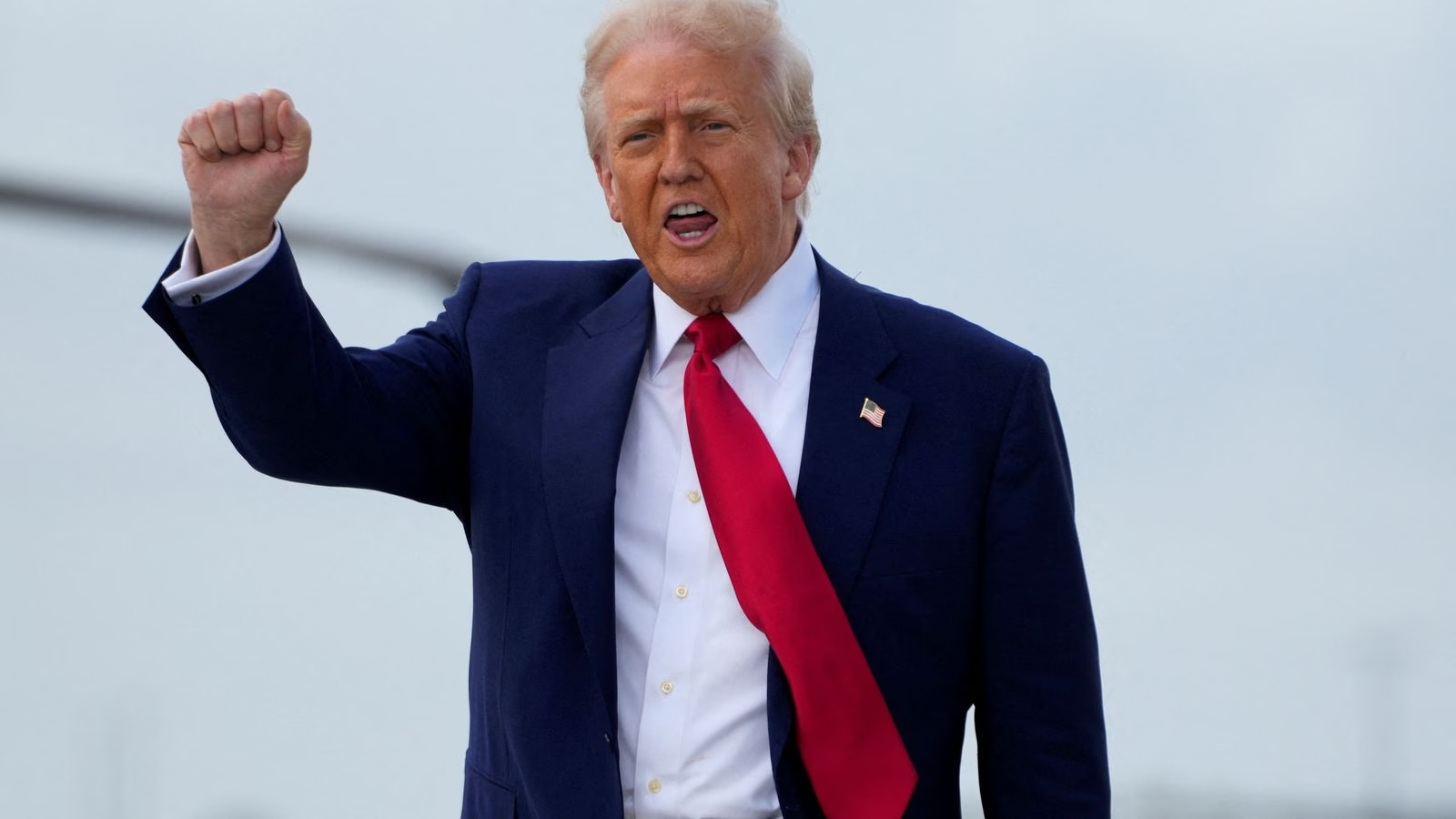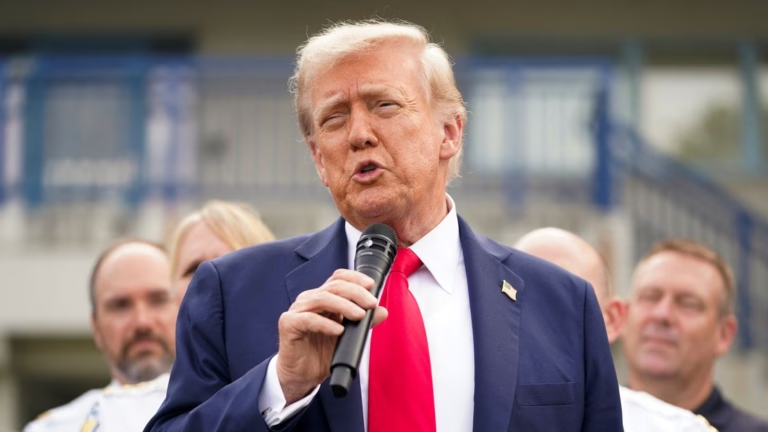Donald Trump’s baseline 10% tariff on all global products has come into effect, impacting trade across the world.
The comprehensive tariff was introduced after Trump’s speech on what he termed “Liberation Day,” affecting global stock markets as he implemented extensive tax measures on imports.
Tougher tariffs, including a 20% rate for the EU and 34% for China, are set to take effect on 9th April.
A 25% tariff on foreign cars imported to the US also came into effect yesterday.
The baseline tariff’s introduction coincides with significant downdrafts in stock markets, amidst a trade conflict initiated by Trump’s policies and China’s retaliatory measures.
Market Reactions
The FTSE 100, the UK’s primary stock market, suffered its most significant decline in over five years, falling 4.95%. The US market indexes also experienced declines, with severe impacts akin to those seen during the COVID-19 pandemic.
Estimates indicate that approximately $4.9trn (£3.8trn) has been shaved off the global stock market’s value since the announcement of the tariffs.
How has the UK responded?
The UK will also be affected by the 10% tariff. Prime Minister Sir Keir Starmer has communicated with other global leaders, agreeing that an all-out trade war would be damaging. Number 10 stated the leaders will calmly continue preparatory work and not rush to retaliate.
Read more: Story Link
The spokesperson further stated the PM’s commitment to guiding the UK’s response by the national interest and maintaining strong international relationships.
There are predictions of a potential decrease in UK economic growth due to these tariffs.







